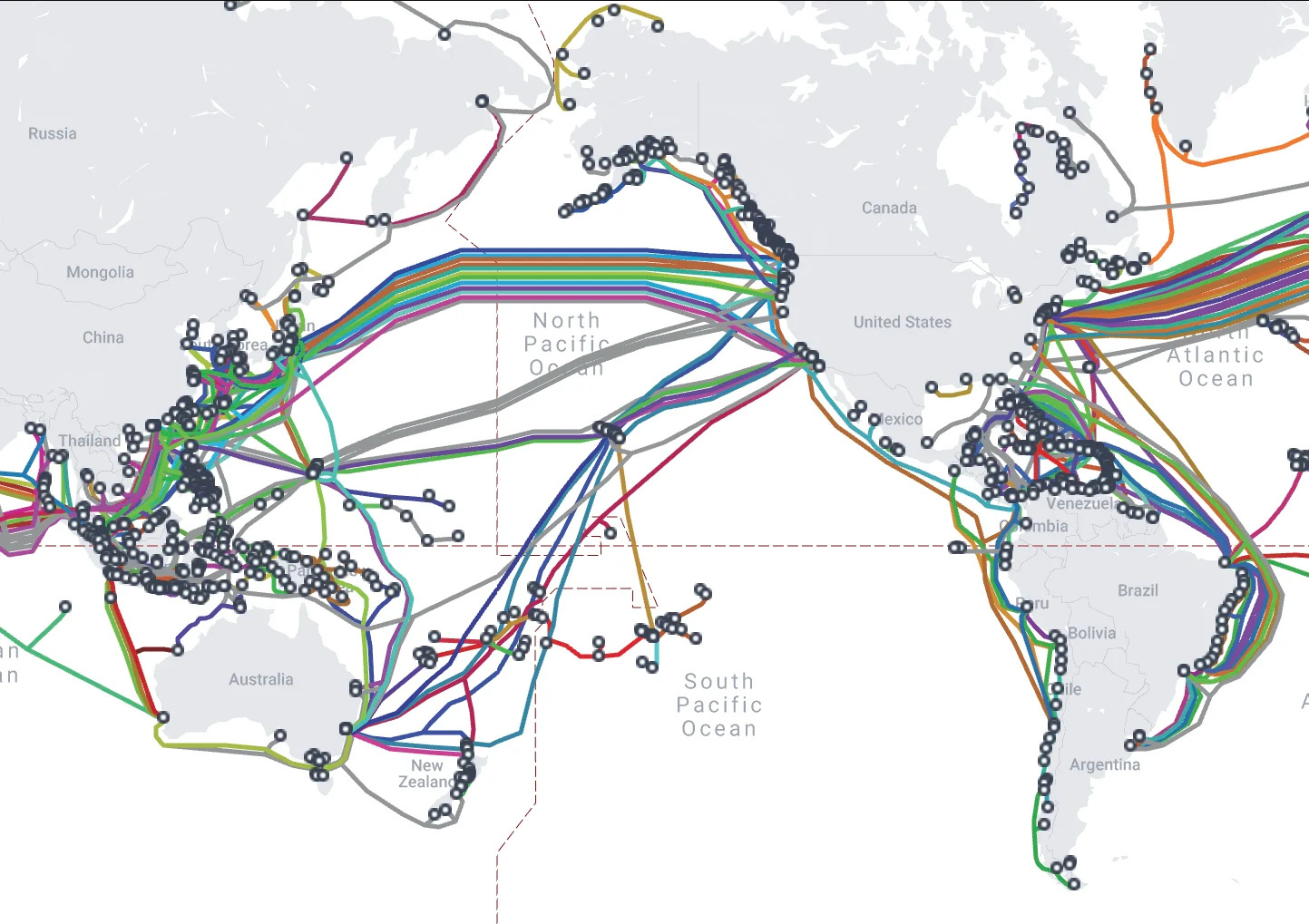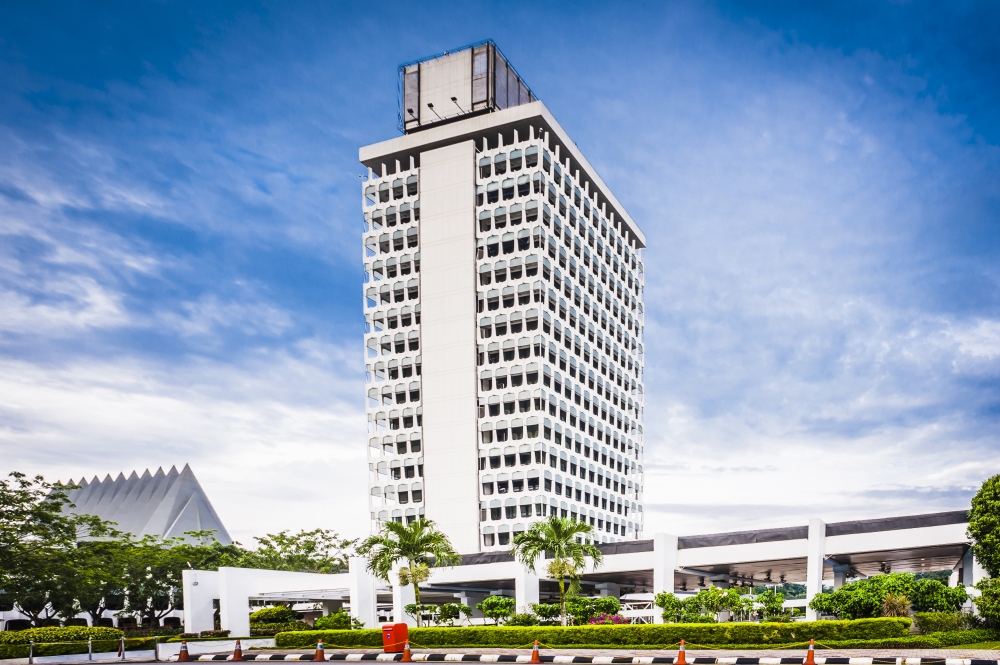Accelerating Malaysia’s Digital Economy: SME Funding, Cybersecurity Boost, and 5G Expansion in Budget 2025 – Weng-Yew Wong
This commentary is provided by Mr Weng-Yew Wong, Founder and Managing Director of Extreme Broadband and Open DC, and a member of the Board of Management of DE-CIX Malaysia and Singapore. A leader in the internet solutions and data centre industries, Mr Wong holds key roles across these three entities, bringing a wealth of expertise to the digital and data infrastructure sectors.
Following the announcement of the Budget 2025 tabled by Prime Minister Datuk Seri Anwar Ibrahim, the emphasis on raising the ceiling of the economy is both timely and necessary. The Prime Minister’s vision for driving growth, creativity and competitiveness through digitisation and AI is a progressive step forward. As we embrace these technologies, it is essential to modernise our approach across sectors, particularly within the civil service, to support these advancements. Relying on outdated methods will not lead us to new, innovative policies or economic progress.
The allocation of RM3.8 billion by Bank Negara in SME funding loans marks a significant step in empowering entrepreneurs as they transition to digitalisation and automation. This initiative is not only a financial boost for SMEs but also a strategic move to accelerate Malaysia’s digital economy. By providing accessible funding, Bank Negara is enabling businesses to invest in advanced technologies, streamline operations and enhance productivity. This support is critical in helping SMEs remain competitive in the global market, fostering innovation and ensuring sustainable growth as they embrace the future of digital transformation.
The RM10 million additional allocation for the National Cyber Security Agency (NACSA) and the recruitment of 100 more staff demonstrate a strong commitment to bolstering Malaysia’s cybersecurity infrastructure. This investment is timely, as the increasing frequency and sophistication of cyber threats demand enhanced protection across all sectors. The enactment of the Cyber Security Act 2024 will further solidify the regulatory framework needed to safeguard critical digital assets, ensure data privacy and protect businesses and citizens alike from potential cyber attacks. These efforts not only reinforce national security but also strengthen confidence in Malaysia’s digital economy, making the country more resilient in an increasingly interconnected world. The 10 million is a good start but by no means sufficient in the era of massive investment into the digital infrastructure in Malaysia.
The government’s announcement of a second 5G network aims to enhance the competitiveness of the ICT sector, further strengthening Malaysia’s position as a regional technology hub. By accelerating the rollout of 5G and encouraging its adoption in key industries, the government is laying the groundwork for innovation and digital transformation. This strategic move is timely, as it will drive new 5G use cases across various sectors and prepare the nation to lead technologically during its ASEAN Chairmanship in 2025. For DE-CIX, this aligns perfectly with our commitment to providing world-class interconnection platforms, further positioning Malaysia as a digital hub in the region. As DE-CIX continues to expand its presence, this initiative complements our efforts to enhance Malaysia’s digital infrastructure, enabling seamless connectivity and positioning the country at the forefront of regional digital advancements.
This commitment by the government to reforms is crucial and from my perspective as a leader in the internet solutions and data centre industries, investment in digital infrastructure is paramount. This will not only elevate Malaysia’s position in the global digital economy and also attract greater innovation and foster a more competitive business environment. The future of our economy depends on how effectively we implement these changes to drive long-term growth and resilience. – Malaysian Business






